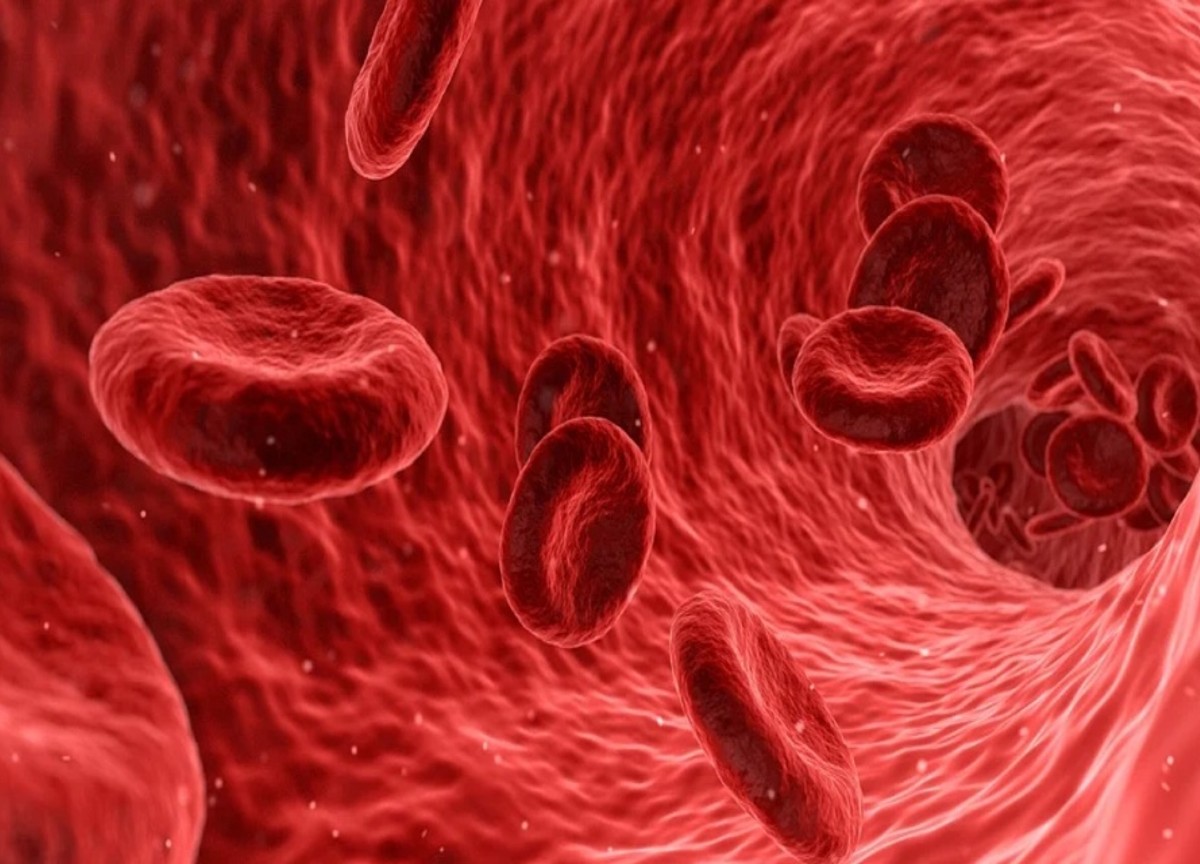Here’s the blood protein that predicts cancer and heart attack risk in older adults
I results of the study, conducted by Sapienza in collaboration with IRCCS Neuromed of Pozzilli, Mediterranea Cardiocentro of Naples and LUM University of Casamassima, were published in the journal eClinical Medicine-Lancet. Joint research conducted by Sapienza University of Rome in collaboration with IRCCS Neuromed of Pozzilli, Mediterranea Cardiocentro of Naples and LUM University of Casamassima, has highlighted a significant association between hypoalbuminemia (low levels of albumin in the blood) and an increased risk of mortality from vascular diseases and cancer in elderly individuals. The research, conducted on the basis of data collected by the Moli-sani epidemiological study and published in the scientific journal eClinical Medicine-Lancet, analyzed a large group of people (around 18,000 subjects, of which 3,299 aged 65 or over), demonstrating that albumin levels below 35 g/L are linked to a higher risk of death in older adults. This relationship was observed even after excluding factors such as kidney or liver disease and acute inflammatory states, which can influence albumin levels.
“The possibility of obtain predictive indications on diseases with high incidence and high risk of death – such as cardiovascular diseases or tumors – through a simple and widely available test, even at low cost, represents an important achievement for modern medicine” – comments the rector of Sapienza University Antonella Polimeni. “This study, which confirms and consolidates the excellence of the scientific activities of Italian universities and research bodies in the medical field, also has an important social value attributable to the possible consequences in the field of prevention”.
“Our analysis – says Francesco Violi, Professor Emeritus of the Sapienza University of Rome and creator of the study – originates from the fact that albumin in the blood is a protein that carries out antioxidant, anti-inflammatory and anticoagulant activities. Its decrease, therefore, accentuates the systemic inflammatory state, facilitating the hyperactivity of cells predisposed to carcinogenesis or thrombosis.the. It is important, in this context, to underline that cancer and heart attack share a common basis precisely in the presence of a chronic inflammatory state, and that patients at risk of cardiovascular diseases, such as diabetics and the obese, are also at risk of cancer”.
“The results of our study – adds Augusto Di Castelnuovo, epidemiologist of the Mediterranea Cardiocentro and of the IRCCS Neuromed – show that a low level of albumin, in addition to providing indications on the nutritional status and liver health, also signals an increased susceptibility to other serious pathologies. Hypoalbuminemia could reflect that chronic inflammatory process, typical of aging, known as ‘inflammaging’, which could have contributed to the high risk of mortality that we observed.”
An interesting finding from the research is that hypoalbuminemia is correlated with a lower socioeconomic level. This raises an important social issue, since for economic reasons, elderly people often opt for a less healthy diet, choosing foods with less noble proteins.
“OIn addition to providing us with the opportunity to explore the relationship between albumin in the blood and health with further research – comments Licia Iacoviello, director of the Department of Epidemiology and Prevention of the IRCCS Neuromed and Full Professor of Hygiene at the LUM University – this study may have direct implications on clinical practice and prevention. The measurement of albumin in the blood is in fact a simple and inexpensive test. It is therefore to be considered a first level analysis, which would allow greater clinical-diagnostic attention to be paid to elderly individuals potentially at risk. Our study also provides a reference value (35 g/L) that can guide the doctor in interpreting the albumin measurement.”
